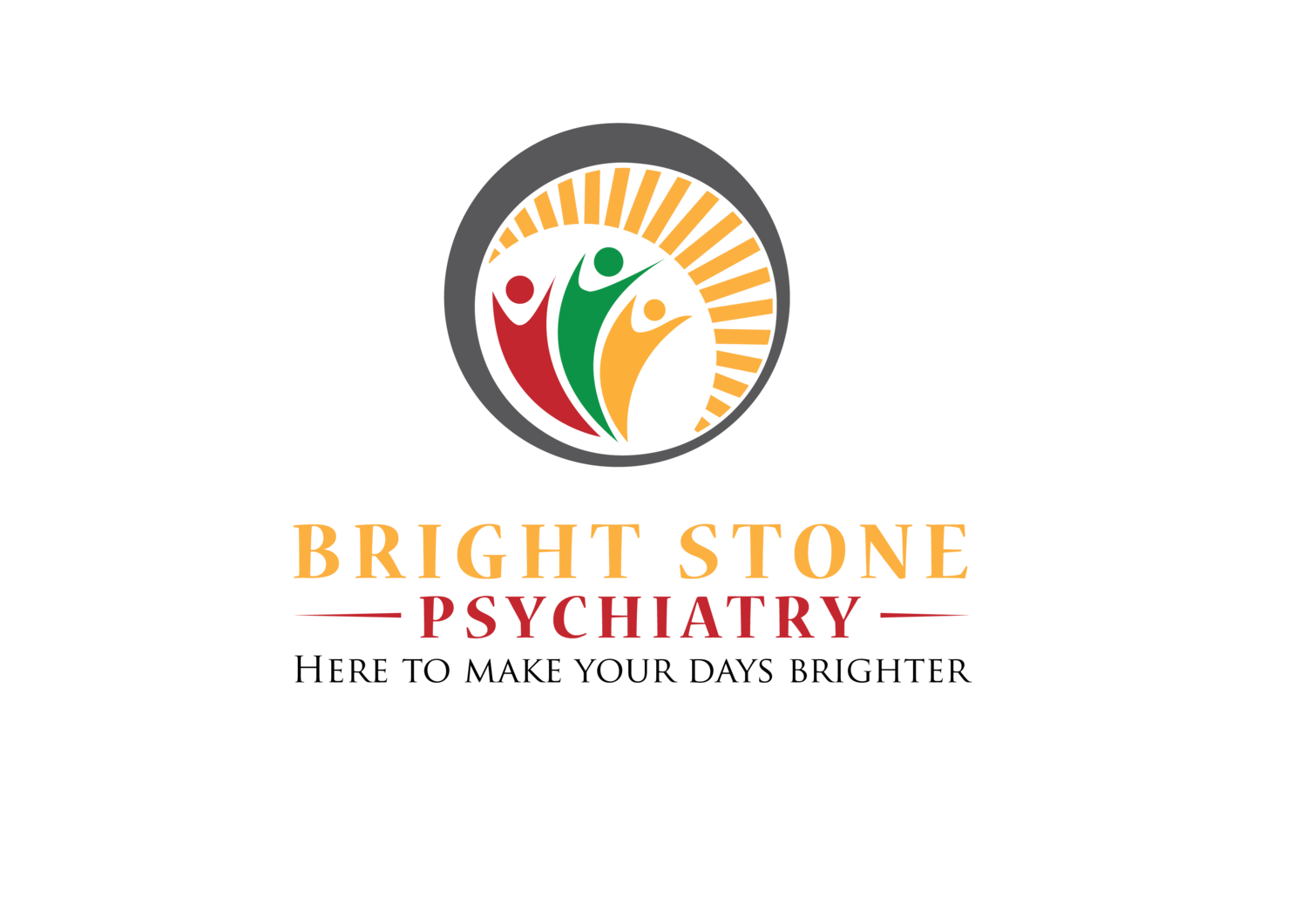Supporting Teens with Bipolar Disorder: A Comprehensive Approach by Bright Stone Psychiatry
Understanding Bipolar Disorder in Teens
Bipolar disorder is characterized by extreme mood swings, including manic or hypomanic episodes and depressive episodes. In teens, these mood fluctuations can be more pronounced and may manifest differently than in adults. Symptoms can include:
Intense irritability or euphoria
Increased energy or restlessness
Impulsivity or risky behaviors
Sleep disturbances
Feelings of hopelessness or worthlessness
Withdrawal from family and friends
These symptoms can often be mistaken for typical teenage behavior, making early diagnosis challenging.
Bright Stone Psychiatry's Approach to Teen Bipolar Disorder
At Bright Stone Psychiatry, we recognize that each teen's experience with bipolar disorder is unique. Our approach involves a comprehensive, individualized treatment plan that includes:
1. Medication Management
We utilize mood stabilizers, antipsychotic medications, and antidepressants to help regulate mood swings and manage symptoms. Our team closely monitors the effectiveness of these medications, adjusting dosages as needed to ensure optimal outcomes.
2. Therapeutic Support
Therapy plays a vital role in helping teens understand their condition and develop coping strategies. We offer:
Cognitive Behavioral Therapy (CBT): Helps identify and change negative thought patterns.
Dialectical Behavior Therapy (DBT): Focuses on emotional regulation and mindfulness.
These therapies are conducted in a supportive and nonjudgmental setting, allowing teens to explore their feelings and work toward healthier coping mechanisms.
3. Lifestyle and Wellness Support
Maintaining a healthy lifestyle can significantly impact emotional well-being. We encourage:
Regular exercise
A balanced diet
Consistent sleep routines
Stress management techniques
These habits contribute to mood stability and enhance the effectiveness of other treatments.
4. Family Education and Involvement
Involving family members in the treatment process is crucial. We provide education to families, helping them understand the challenges their teen faces and how to offer support. This collaborative approach fosters a stable and understanding environment, essential for the teen's recovery.
Accessing Care
Bright Stone Psychiatry offers both in-person and telehealth services, ensuring that teens and their families in Minnesota and Texas have access to quality care. Our team is dedicated to providing compassionate and comprehensive support tailored to each individual's needs.
Conclusion
Managing bipolar disorder in teens requires a multifaceted approach that includes medication, therapy, lifestyle adjustments, and family support. At Bright Stone Psychiatry, we are committed to helping teens navigate these challenges and lead fulfilling lives. If you or someone you know is struggling with bipolar disorder, don't hesitate to reach out. Together, we can work towards a brighter future.
For more information or to schedule an appointment, please visit Bright Stone Psychiatry or contact us at Hello@BrightStonePsychiatry.com.

